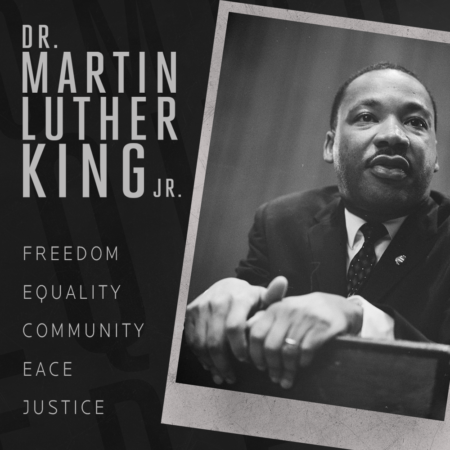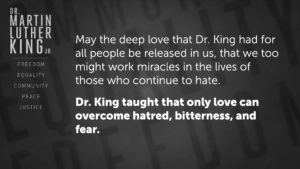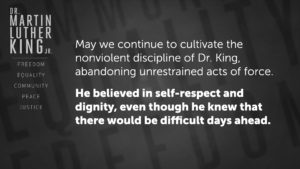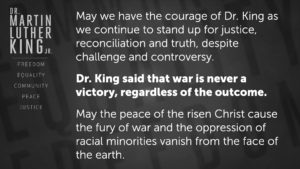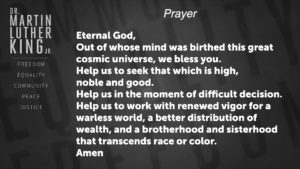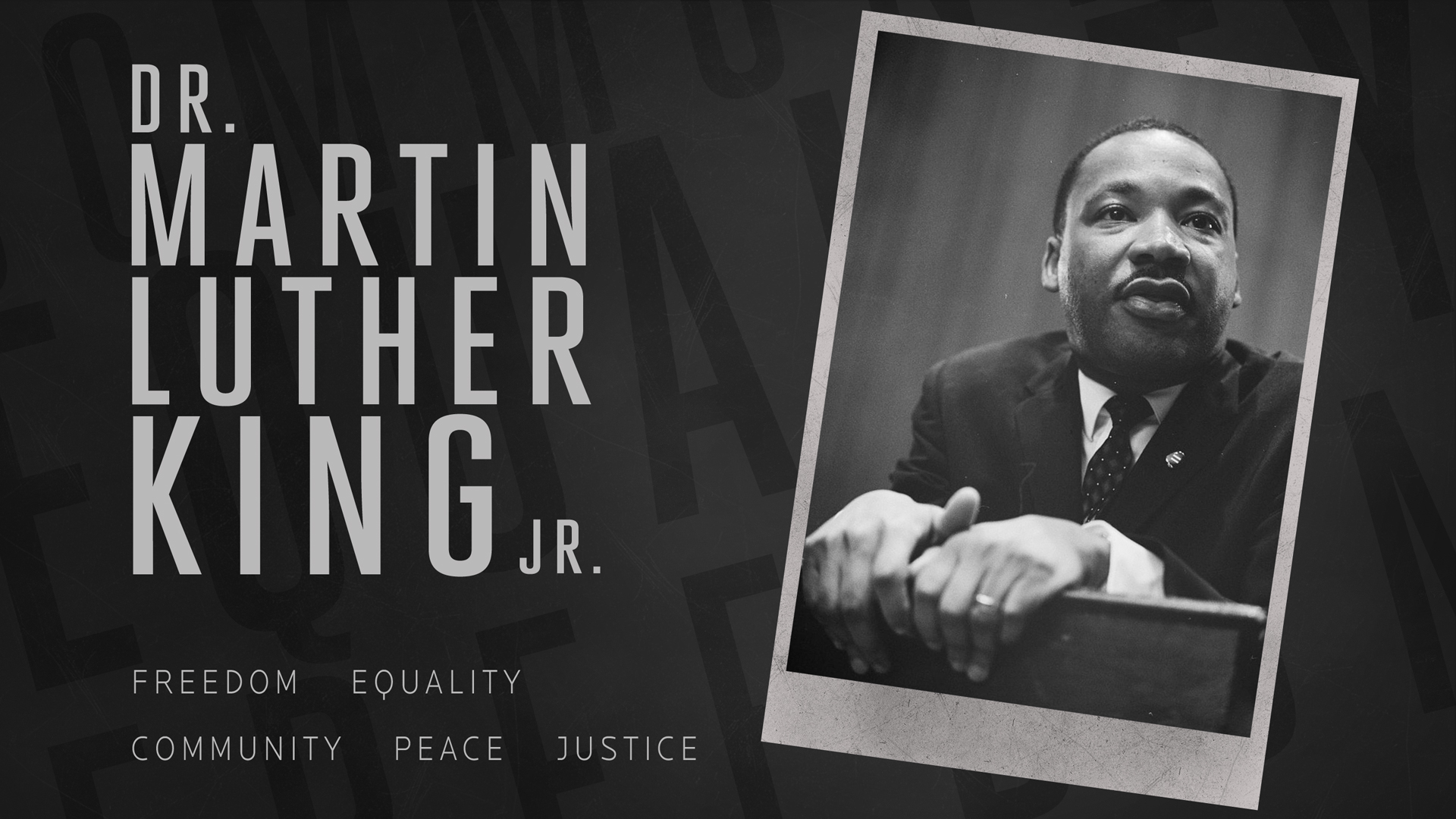
On January 15, 1929, Martin Luther King Jr. was born in Atlanta, Georgia. In celebration of his contribution to the civil rights movement, the United States Congress made the third Monday in January a national holiday in 1983. While we celebrate Dr. King’s contribution to America, we also remember his insistence that the church exist as the “conscience of the state,” speaking prophetically to those in power. We honor Dr. King with all Americans, but we especially remember that he called the church to a beautiful vision of becoming the “Beloved Community.”
Today, around the country and the world, many churches will honor Dr. King and perhaps quote his words. But, I’m always a little apprehensive when White Evangelical churches attempt this. The White Evangelical church in the United States was one of Dr. King’s fiercest critics during the Civil Rights movement, and not a whole lot has changed. When I’ve read Dr. King’s collected works, I’m stunned by how different his tone and rhetoric seemed from what I’d been presented in churches and even in school. Dr. King was a Radical! He didn’t mince words! He told the Truth boldly! And because of that, he was seen as a threat to the status quo—a status quo that White Evangelicals very much benefited from and didn’t want to change. Not a whole lot has changed.
Today, many White Evangelicals are talking about “unity” and “reconciliation” after our country has been ravaged by White Supremacist violence and police brutality in the wake of George Floyd’s murder and encouraged by the Trump administration. Many White Evangelicals want to “move on” and are talking about “forgiveness.” But this is not what Dr. King would have said. He would have said that unity and reconciliation are the outcome of a process of healing that includes Truth-telling, demonstrable repentance, restitution, and reparation.
Dr. King was a Peace-maker and a Prophet! That’s not a contradiction. Without the justice that prophets call for, there cannot be peace. Because, as Dr. King once said,
“I have been gravely disappointed with the white moderate… who prefers a negative peace (the absence of tension) to a positive peace (the presence of justice).”
The compulsive rush to talking about “unity” and “reconciliation” when there is deep-seated pain, harm, and division is a type of Cheap Grace—and Cheap Grace does not produce the shalom of God.
For God’s shalom to be realized in our midst, those who have been downtrodden must be lifted up; those who have been marginalized must be centered; those who have been cast out must be welcomed in; those who have been neglected must be shown care; those who are sick must be healed; those who are silenced must be given a megaphone.


